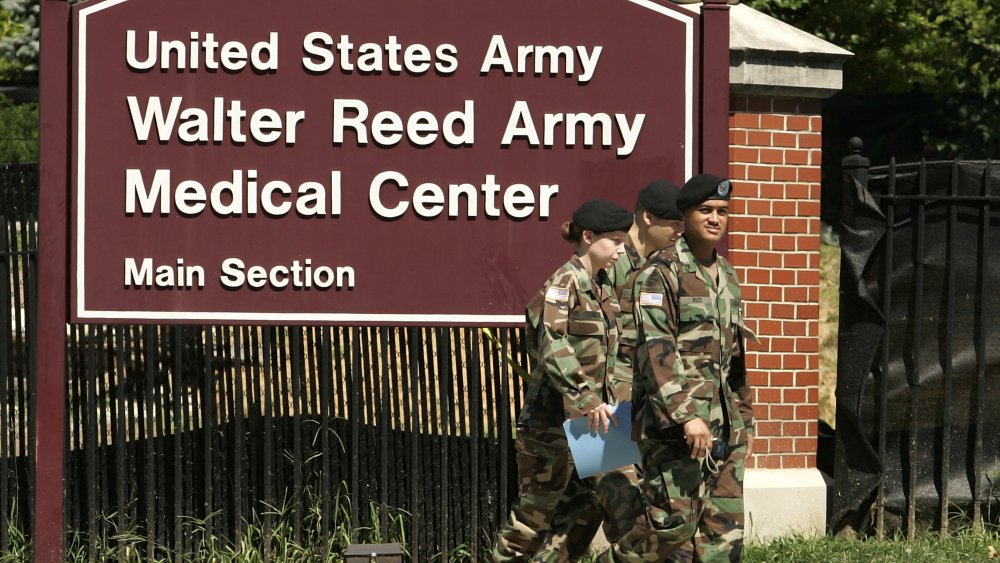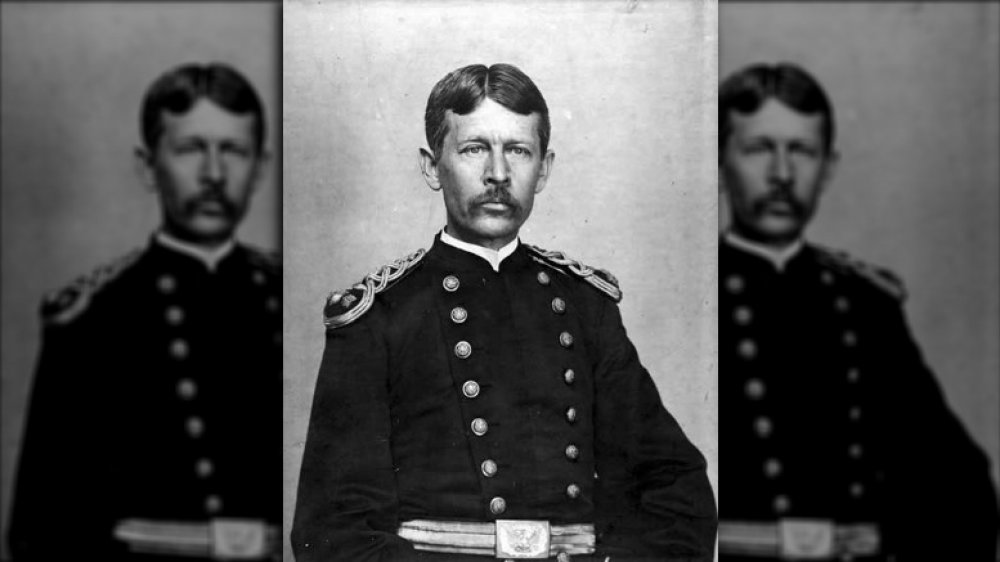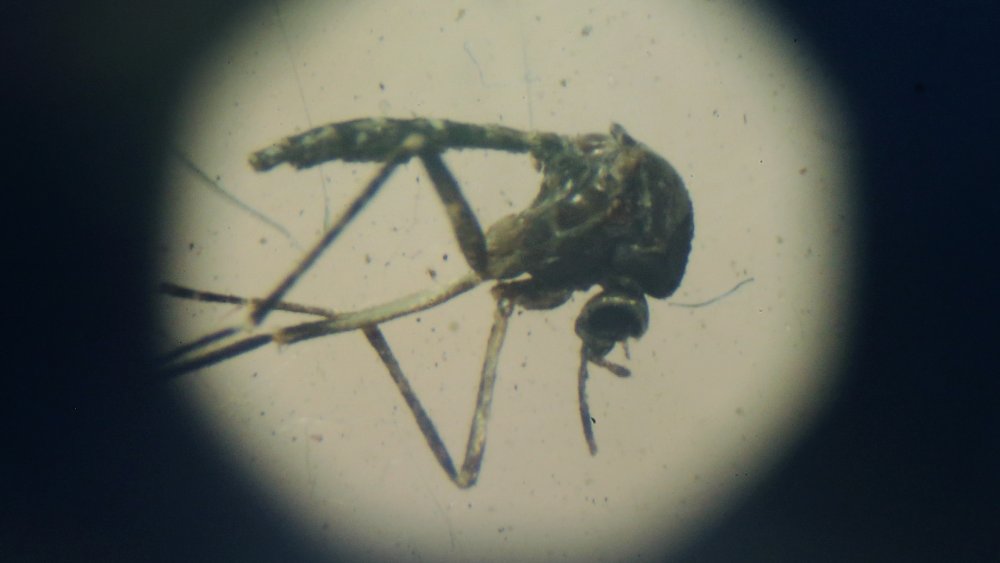Who Was Walter Reed?
Everyone would like to get their name on a building. In fact, there's a whole episode of Curb Your Enthusiasm devoted to the idea. But not every name attached to a structure is as recognizable as, say, New York's John F. Kennedy International Airport. You can be sure that most of the time, however, even the names you don't necessarily recognize belong to people who have led fascinating and influential lives.
One of these names came to prominence last week, when President Donald Trump was first announced to have been infected with COVID-19 and was taken to the hospital. The hospital's name? The Walter Reed National Military Medical Center in Bethesda, Maryland. And of course, if the President is being treated there, you know that you're talking about a top-of-the-range complex. Reportedly, the Walter Reed Medical Center has been tailored to the President's needs, and is described by NBC as "a sprawling 243-acre complex about 9 miles from the White House that includes a presidential suite, a first lady's suite and a self-contained area where the president and a small group, including the White House physician, can live and work."
But who was Walter Reed, and why is his name now attached to what is, currently, the most talked-about hospital in the country?
Walter Reed was a brilliant student
In a time when we are beginning to challenge the figures of the past whom we have chosen to lionize either by erecting statues or giving their names to streets, buildings, and neighborhoods, it seems the man whose name adorns the Presidential hospital at Bethesda is, considering the challenges posed by the coronavirus pandemic, an utterly apt and timely choice.
Major Walter Reed, M.D., U.S. Army, was born September 12, 1851 in Belroi, Virginia, according to Britannica. His family — Reed was the youngest of five children of a Methodist minister — relocated to Charlottesville, where young Walter was intending to study Classics. He soon switched, however, to medicine, completing his studies in just nine months and graduating as a doctor at the tender age of 17, an achievement that would be unthinkable today. After taking a second medical degree at Bellevue Medical College, New York, he enlisted in the U.S. Army Medical Corps in 1875. According to PBS, the entry exam lasted an unbelievable 30 hours, but set Reed on course for an incredible medical career in the U.S. Army, beginning with garrison duties at frontier stations across the U.S. Reed took more courses in pathology and microbiology in the 1890s, and became professor of bacteriology and clinical microbiology at Army Medical School. In 1898, he undertook a major investigation into the causes of typhoid fever during the Spanish-American war, making great discoveries about the disease.
Walter Reed and yellow fever
Around the turn of the century, Dr. Reed was involved in major work on the causes of yellow fever, which would overhaul our understanding of its transmission and, in the process, save millions of lives in the century since its discovery. According to Britannica, the 19th Century understanding of yellow fever transmission was that it spread through 'fomites' — clothes, bedsheets, and other objects that became infected with a sufferer's bodily fluids, which were then passed on to other people, in turn giving them the deadly disease.
But Reed's prodigious reading and diligent research helped to change all that. Building upon work undertaken by the Cuban physician and disease expert Carlos J. Finlay, Reed advanced the notion that yellow fever was spread through mosquitoes, who acted, as it is known today, as "disease vectors," carrying yellow fever between humans by biting multiple people successively. The idea of mosquitoes as carriers of infection is common today, but at the time the discovery was a breakthrough, changing the course of medicine forever. At the time, Cuba was suffering from a yellow fever epidemic. Within 90 days of Reed filing his report to his military superiors, the island was free of the disease. His discovery also meant that the U.S. was able to engage in the building of the Panama Canal, an ambition that the disease had, until then, thwarted.
Walter Reed died of appendicitis in Washington D.C. on November 22, 1902. He was 51.


